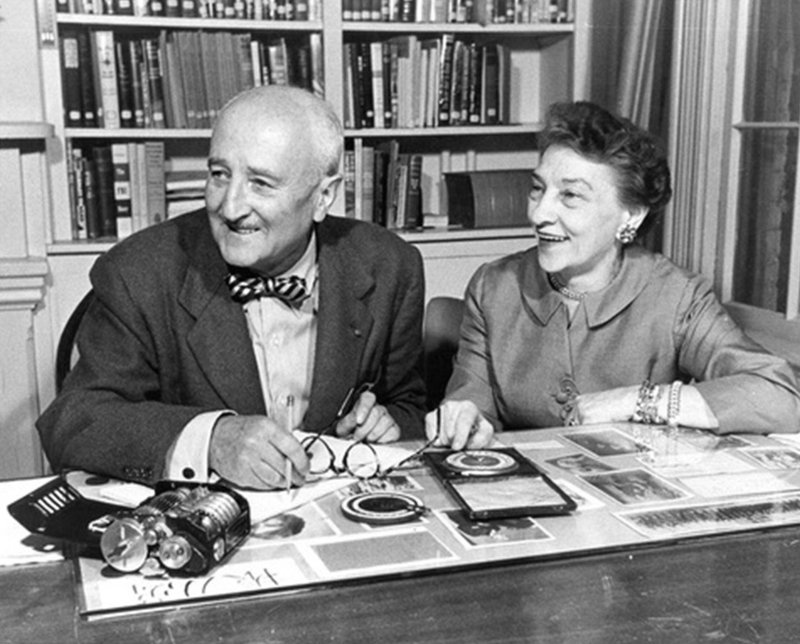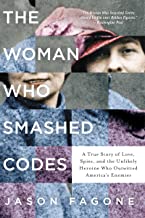One of the secrets of the Allies’ victory in World War II was the ability to break our enemies’ codes. There were multiple heroes in this effort and they all make for exciting reading. But since this is a sensitive subject involving national security, many of the details have never been publicized.

Science History Images/Alamy
A good example is Elizebeth S. Friedman. Elizebeth was married to William F. Friedman, who was considered the country’s leading cryptologist of his time. But the truth is the couple worked as a team. During World War I, Elizebeth and William directed an unofficial code-breaking team for the government. During Prohibition, Elizebeth was responsible for breaking codes used by narcotics and alcohol smugglers. But her biggest achievement was uncovering a Nazi spy ring operating across South America in 1943. Unfortunately, J. Edgar Hoover took full credit for her success on behalf of the FBI. Nevertheless, she stayed true to the Navy oath promising her silence until her death, which was in 1980.
She and her husband made a formidable team. William had excellent intuition for breaking ciphers, and Elizebeth complemented that with a special talent of her own. “She was extraordinarily good at recognizing patterns, and she would make what looked like guesses that turned out to be right,” says historian Amy Butler Greenfield, who is working on a biography of Friedman, The Woman All Spies Fear.

Now in this era, her contributions are finally being recognized. Jason Fagone, author of the 2017 book The Woman Who Smashed Codes: A True Story of Love, Spies, and the Unlikely Heroine who Outwitted America’s Enemies, has said “She was a hero and she never got her due. She was this amazing, hidden woman behind so many important secret battles of the 20th century.” Fagone’s book has led to a PBS documentary, The Codebreaker, to provide an inside look at Friedman’s life and work. Then in April 2019, a Senate Resolution was passed in her honor, and in July 2020, the U.S. Coast Guard announced that a new ship will be named after her. “She got written out of the history books,” says Fagone. “Now, that injustice is starting to be reversed.”
For more details, see “How America’s ‘First Female Cryptanalyst’ Cracked the Code of Nazi Spies in World War II—and Never Lived to See the Credit” by Suyin Haynes (https://time.com/5928583/elizebeth-friedman-codebreaker/?).
